|
Been asked to quote for editing or proofreading services? There are steps you can take to maximize your chances of securing the work. In this article and free booklet, you'll find out how to add value to quotations and move the conversation beyond price.
Few of us will bag every client who asks us to quote for them. Rejection is to be expected – we won’t be the best fit for everyone.
Perhaps the price or the time frame doesn’t work. Maybe the client has been in contact with an editor who’s a better fit in terms of skills and experience. Still, there are steps we can take to maximize our chances of turning a request to quote into paying work. Think of quoting as targeted marketing Every request to quote is a marketing campaign with just one recipient. We have an advantage once we’ve been asked to quote – we’re probably competing with five or six colleagues, not five or six thousand. Since the odds are so much better, it’s worth investing time in making the quote the best it can be. A couple of lines that include a price won’t cut the mustard – unless the client has specified that they want nothing more. Acquire relevant information Before we can reply, we need information – a word count, the type of editing required, the levels of editing that have already been completed, the client’s preferred time frame, and a sample. If that information hasn’t been supplied, asking for it is legitimate. A professional editor can’t quote without it. There are advantages too: it keeps the conversation going, demonstrates an understanding of the editorial business process, and creates a foundation for trust. Frame with solutions A potential client doesn’t want an essay – we do need to stay on point – but we can still frame our quotations in terms of solutions to problems.
Once they’re in play, the conversation’s no longer about price; it’s about a relationship. If the client’s looking for the cheapest editor, yes, this tactic will fall flat. If they’re looking for a good fit, it will give us an edge. Linking to or attaching useful resources builds empathy and trust. Here’s what I included in a request to quote in addition to a price (the writer had included a sample):
Other information
Each of those resources complemented a short paragraph outlining problems I’d identified in the sample, and would fix if I were to secure the project:
And the great thing is, I can use these resources over and over. Yes, it took time to create them but they’re evergreen. Every author I send them to gets value from them. But every time I send them, there’s value for me too: a return on my initial investment in the form of an increased likelihood of securing the job. A client who trusts The writer thanked me profusely ‘for such a thoughtful reply’. I got the gig. And they agreed to wait 12 months and paid the deposit promptly. I can’t prove that those resources nailed it for me, but those words – ‘such a thoughtful reply’ – tell me the client reacted emotionally to the empathy I’d shown. Creating that kind of content is time-consuming but the job need be done only once. After that, the resource can be used in myriad ways: marketing, quoting, linking to in reports. When the quote’s rejected If we don’t get the gig, should we ask why? I don’t think so. It annoys me when I decline a service or product and am asked to give reasons for my decision. It’s my business, end of story. Receiving feedback is useful for editors, of course, but we’re asking people who have chosen another editor to spend their valuable time engaging with us. Why should they? They have other priorities that don’t involve us and we need to respect that. If a quote is rejected, move on and focus on improving your next quotation. More resources on business growth and pricing
Louise Harnby is a line editor, copyeditor and proofreader who specializes in working with crime, mystery, suspense and thriller writers.
She is an Advanced Professional Member of the Chartered Institute of Editing and Proofreading (CIEP), a member of ACES, a Partner Member of The Alliance of Independent Authors (ALLi), and co-hosts The Editing Podcast. FIND OUT MORE > Get in touch: Louise Harnby | Fiction Editor & Proofreader > Connect: Twitter at @LouiseHarnby, Facebook and LinkedIn > Learn: Books and courses > Discover: Resources for authors and editors
1 Comment
|
BLOG ALERTSIf you'd like me to email you when a new blog post is available, sign up for blog alerts!
TESTIMONIALSDare Rogers'Louise uses her expertise to hone a story until it's razor sharp, while still allowing the author’s voice to remain dominant.'Jeff Carson'I wholeheartedly recommend her services ... Just don’t hire her when I need her.'J B Turner'Sincere thanks for a beautiful and elegant piece of work. First class.'Ayshe Gemedzhy'What makes her stand out and shine is her ability to immerse herself in your story.'Salt Publishing'A million thanks – your mark-up is perfect, as always.'CATEGORIES
All
ARCHIVES
July 2024
|
|
|
|


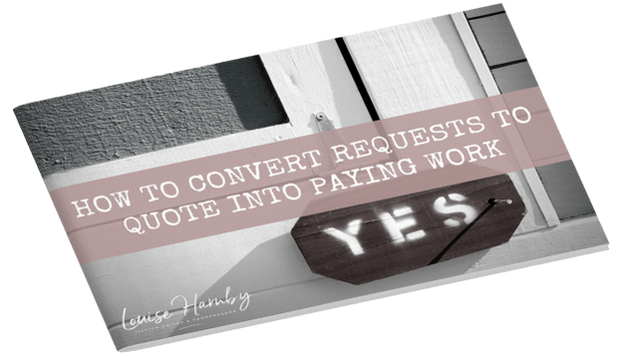
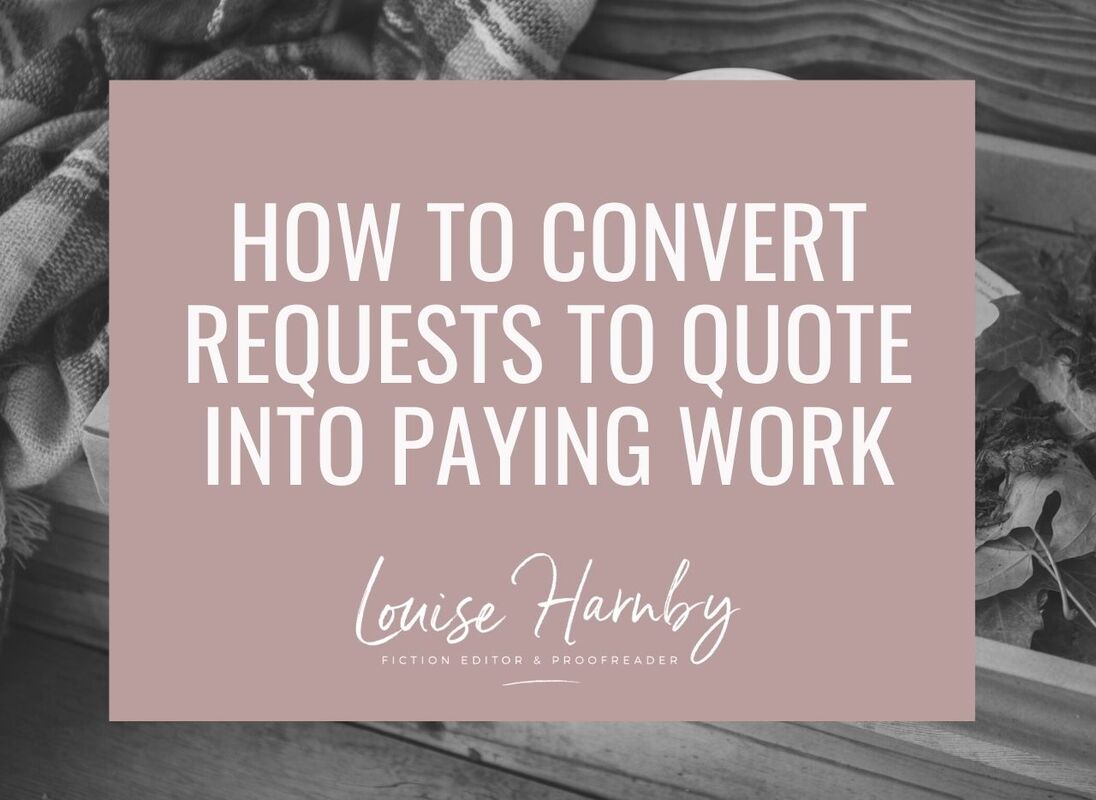
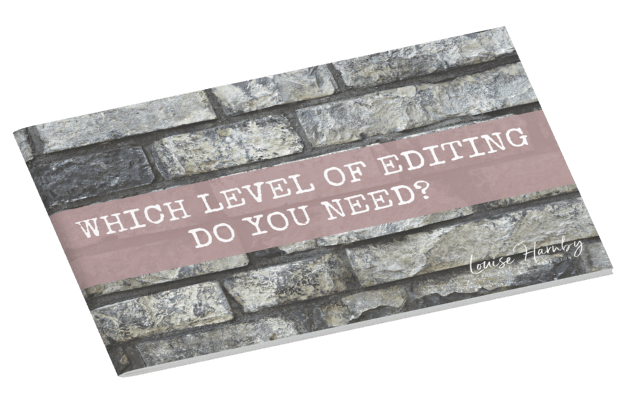
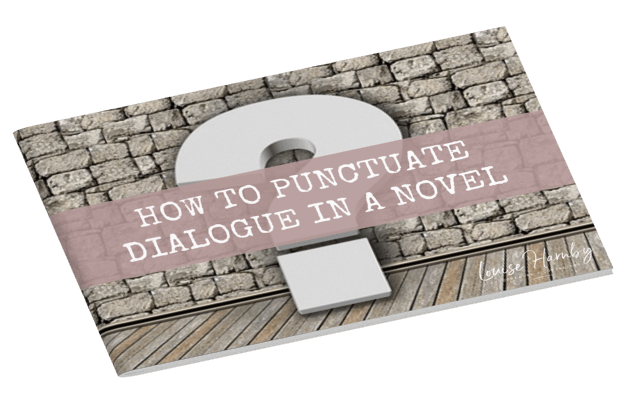
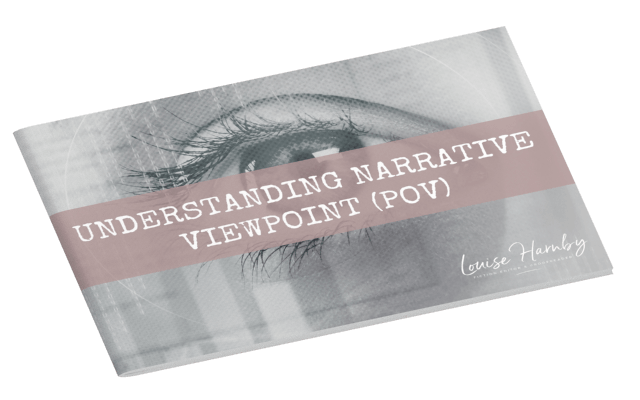













 RSS Feed
RSS Feed





